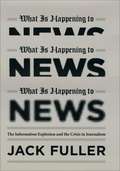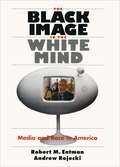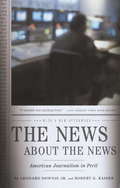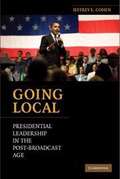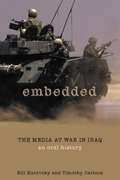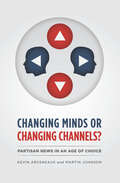Special Collections
Goldsmith Book Prize
Description: The Goldsmith Book Prize is awarded to the trade and academic book published in the last 24 months that best fulfills the objective of improving democratic governance by examining of the intersection between the media, politics and public policy. #award
- Table View
- List View
Showing 26 through 32 of 32 results
1
2
| Year | Category | Title | Author | Date Added | Action |
|---|---|---|---|---|---|
| 2011 | Trade |
|
Jack Fuller | 04/02/2018 | |
| 2002 | Academic |
|
Andrew Rojecki and Robert M. Entman | 04/02/2018 | |
| 2003 | Trade |
|
Leonard Downie Jr. and Robert G. Kaiser | 04/02/2018 | |
| 2012 | Academic |
|
Jeffrey E. Cohen | 04/02/2018 | |
| 2004 | Trade |
|
Bill Katovsky and Timothy Carlson | 04/02/2018 | |
| 2014 | Academic |
|
Martin Johnson and Kevin Arceneaux | 04/02/2018 | |
| 2016 | Academic |
|
Erik Albæk Arjen van Dalen Nael Jebril Claes H. de Vreese and Erik Albæk and Arjen Van Dalen and Nael Jebril and Claes H. de Vreese | 04/02/2018 |
Showing 26 through 32 of 32 results
1
2
